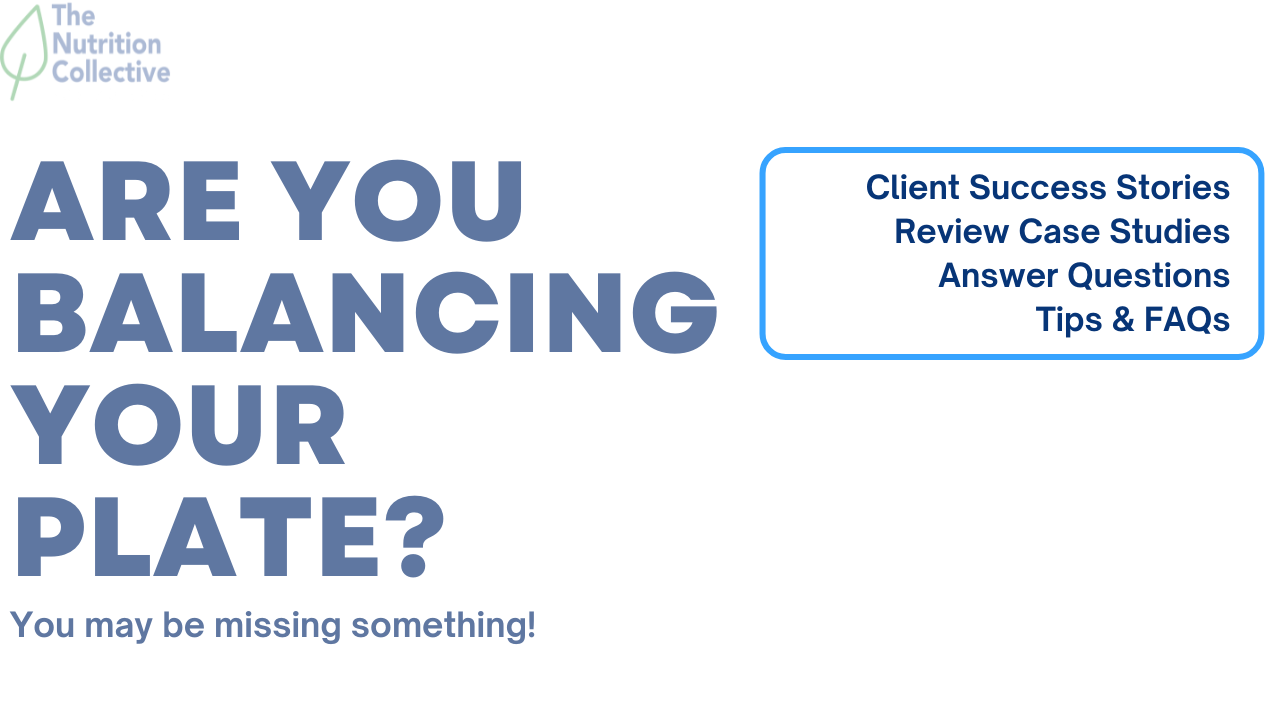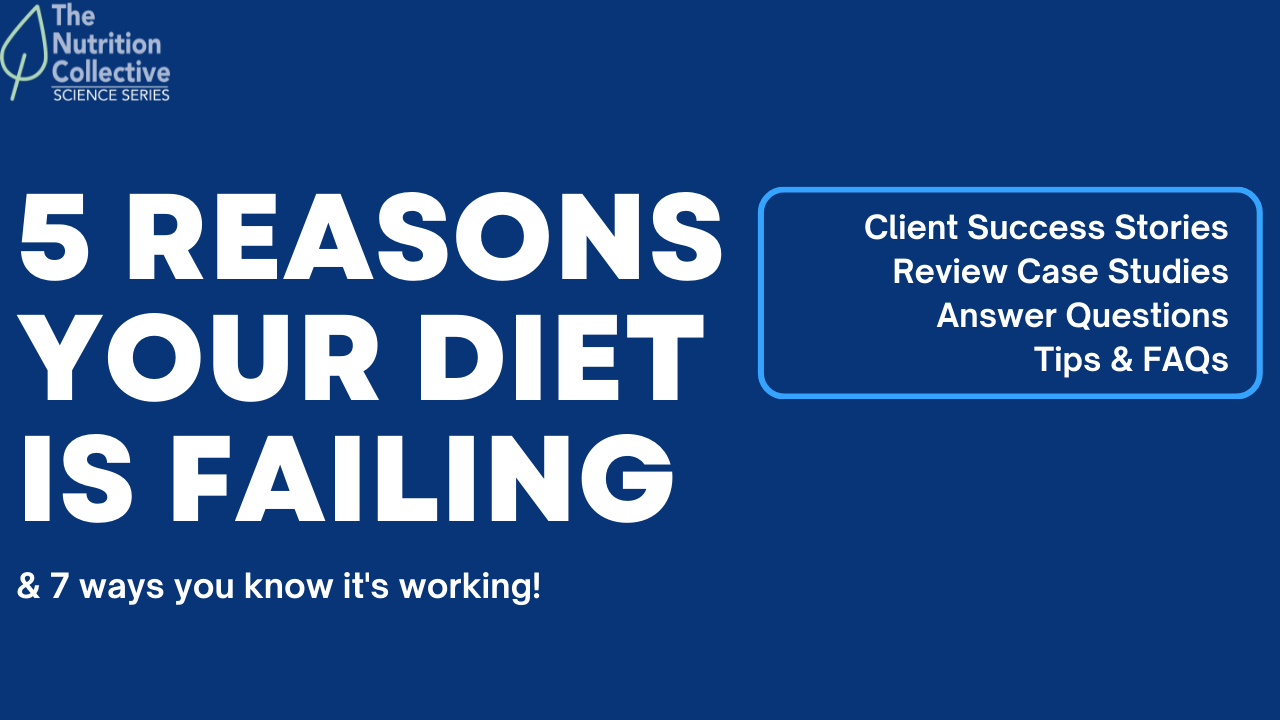Self-confidence is the ultimate driver for the better things in life– taking up a job promotion with more responsibilities, pursuing someone you love, or following your dream path. It’s a core value we need in all areas of life.
Achievements contribute to building your self-esteem, but if that’s your only source of motivation, do failures and bad circumstances drain your confidence and self-image?
Self-confidence shouldn’t be rooted in anything external. We don’t have control over them. Instead, it should be a constant source you build within yourself.
Evaluating Your Level Of Self-Confidence
Confidence is placing your full trust on something or someone. But the moment things get shaky, or when that person disappoints you, you lose that faith.
Self-confidence is placing your trust in yourself rather than external circumstances and other people.
When you fall down and disappoint yourself, do you retreat to a smaller, safer space?
What we experience in life can be compared to facing a boss enemy in games. We level up and challenge the boss, only to be defeated. But you try again. The character just needs to gain more experience, upgrade some stats, or use better strategy and weapons.
People always try again after game-over, but tend to give up in real life.
Some people have less grit, that belief that they can start again, that they can learn to be better, stronger. Grit and self-confidence can be built. It’s the solid foundation of your self-belief.
Building A Rock-Hard Confidence Muscle

When you have an unshakable confidence, difficult people and circumstances don’t shake you. You keep going. It’s not bravado or false self-esteem. Real self-confidence is quiet but fierce, pushing you to achieve goals, because it whispers in your head that you can do it.
It starts with changing your perspective, being open to new experiences, and facing challenges that will help you know and push your limits, thereby solidifying your self-esteem.
Here are ways to help you develop that rock-hard confidence muscle.
1. Cultivate A Growth Mindset
Do you believe you failed your project proposal because you lack talent? Do you blame your frequently missed shots in basketball to “sucking at sports”?
That’s a fixed mindset. It’s when you think you’re simply not good enough to succeed, not even considering learning skills you would need.
In most cases, you just need more research and time, more experience and practice.
That’s the growth mindset. You keep going, acknowledging the potential risks that may lead to failure. Failures are inevitable anyway. You give yourself room to fail and bounce back over and over. You believe that you can learn from criticisms and setbacks. This is grit.
A lot of attention fell on grit recently from doctors who studied it in people over decades. They looked at kids in difficult district schools, cadets in military academies, and it’s the ones with grit who graduated.
Grit is nothing new. It’s what makes you stay as a newbie at a new job, when you might get yelled at for mistakes but you literally grit your teeth and learn the ropes. You think to yourself, you’re new. You’ll get past it. You’ll be good at your job once you learn everything.
And you do.
When you develop your growth mindset, you can sustain interest and hard work to pursue goals.
James Dyson had to test 5,126 prototypes of vacuum cleaners before he discovered how to make a bagless vacuum with cyclone technology. Imagine if he stopped at 10 or 100, or 1000!
Start embracing the growth mindset by thinking that practice, failures, and experiences are key ingredients of success.
2. Answer Your Negative Thoughts
We are our biggest critic. We doubt ourselves more than anyone can. In a way, it helps us to examine ourselves. But when it becomes debilitating that it hinders you from functioning normally, dissecting each negative thought and talking back can help you calm your mind.
Say, you’re getting nervous because you think you can’t nail a presentation. List down the reasons why you think you can’t and alongside that, list down evidence that disproves it.
Sometimes, just saying, “You’re just nervous” works! But that list of evidence will contradict your nervous thoughts and give you confidence instead.
For other instances where you can’t help but think it’s doomed to fail, follow it up with, “So what? How bad can it be?” Whatever the results, remind yourself that you can handle it. It won’t kill you. If you lose money, you can make more. (Of course, don’t put all your eggs in one basket in the first place).
3. Do A Strength And Weakness Inventory
Every time you feel like you’re doubting yourself, think of the strengths you have and the times these have helped you get where you are now.
Think, “You’re good at this. Remember that time when…”
Be grateful for your strengths. To have them, you probably had to start somewhere.
Same goes with your weaknesses. With the growth mindset, your weaknesses don’t mean you’ll always suck. So don’t be afraid to step out of your known comfort zones even if you have doubts.
There’s always a learning curve for everything. It varies for people. Don’t doubt yourself when others do it faster.
4. Build Confidence With Exercise And The Right Diet

The body and the mind are connected. When you don’t feel good about your body, it affects your confidence. Try it for yourself. When you stand up and straighten your back, you can feel a sense of confidence simply by fixing your posture.
Taking care of your body helps you gain that rock-hard confidence through many ways. When you exercise, you get amazed by what your body can do. You become fit, and you gain a better self-image!
A healthy diet doesn’t only help you look good but it makes you feel better. A study says that consuming healthy foods helps reduce anxiety symptoms. (1)
Aside from the physical strength you can gain, the self-discipline and commitment that comes along with consistent workouts and staying away from unhealthy foods contributes to a stronger mental health. You become more resilient to taking on challenges.
5. Decide What You Want To Do In Your Time
In this age of perfectly-curated Instagram feeds, it’s a mistake to set them as templates of what life should be like. If you regularly use social media and compare yourself to others, cut back on screen time, un-follow people, or just toss your phone aside for a while. A study says that increased social media use results in lowered self-esteem. (2)
Instead, do more of what will bring you closer to your actual goals. Everyday, be intentional about what you will accomplish. Whether it’s executing a workout plan or up-skilling for better work opportunities, cut these goals to small, actionable tasks you can do on a daily basis.
6. Be Mindful Of Your Say:Do Ratio
If you’re reliable, you’ll trust yourself more. Do you think you can depend on yourself when the going gets tough? Think of the times you said you’d do something and the times you followed through.
Whether it’s as simple as saying that you’ll take out the trash later, stick to it. When you make it a regular practice doing what you say you’ll do, you train yourself to become reliable. This doesn’t only inspire self-confidence but others’ confidence in you as well.
7. Control Your Mood To Power You Through The Day

If you’re a little under the weather, eat good food and invite some sunshine in.
Wear comfortable clothes or clothing that make you feel good. Fix your posture and smile. Trust me, it helps.
Want some focus? Clear out your space, dispose of things you don’t need.
Turn up your feel-good playlist while mopping the floor or loading the dishes. After you’re done, celebrate the small wins you’ve done for the day or the week.
These little things may seem surface-level, but they help fuel confidence.
8. Being Scared is Okay: Wing It Anyway
Fear is a healthy, normal feeling to have– it keeps us safe from danger. But what our brain perceives isn’t always a threat per se. Think stage frights or uncertainties that might happen when you put yourself out there in the open.
Always succumbing to fear inhibits growth. So every time you find yourself hesitating to do something, think of the worst-case scenario. How likely is it to happen? What can you do to prevent it from happening?
You don’t have to be fearless to do something. But as you take that leap and immerse yourself in the process, the fear goes away. You’ll be happy you tried compared to a lifetime of wondering what would’ve happened if you did grab that chance.
9. Know When To Give Up
Knowing when to give up has its benefits and it also takes bravery. You see, abandoning a goal doesn’t mean you failed. There are many reasons why it just isn’t worth it anymore, don’t punish yourself.
It could be that the goal doesn’t align with your values anymore, or it doesn’t seem to be important to you as it was six months ago. It also doesn’t mean you’ve wasted time. You can still use what you learned to decide later on.
10. Fill Your Self-Confidence Bank

Blur out unhelpful noise that will just break your pot of self-confidence. Find your tribe. People with the same goals, the same grit. Your tribe might not necessarily be your family and friends and that’s okay. You do listen to valid input but you find other people to fill your pot.
Conclusion
Building a rock-hard confidence muscle means taking care of your needs first. When you develop that firm confidence, you have a happier life– with more time for what matters to you, better chances of succeeding in your professional life, and more.
Resources:
1. Aucoin, M., LaChance, L., Naidoo, U., Remy, D., Shekdar, T., Sayar, N., Cardozo, V., Rawana, T., Chan, I., & Cooley, K. (2021). Diet and Anxiety: A Scoping Review. Nutrients, 13(12), 4418. https://doi.org/10.3390/nu13124418
2. Jan, M., Soomro, S. A., & Ahmad, N. (2017). Impact of Social Media on Self-Esteem. European Scientific Journal, ESJ, 13(23), 329. https://doi.org/10.19044/esj.2017.v13n23p329







